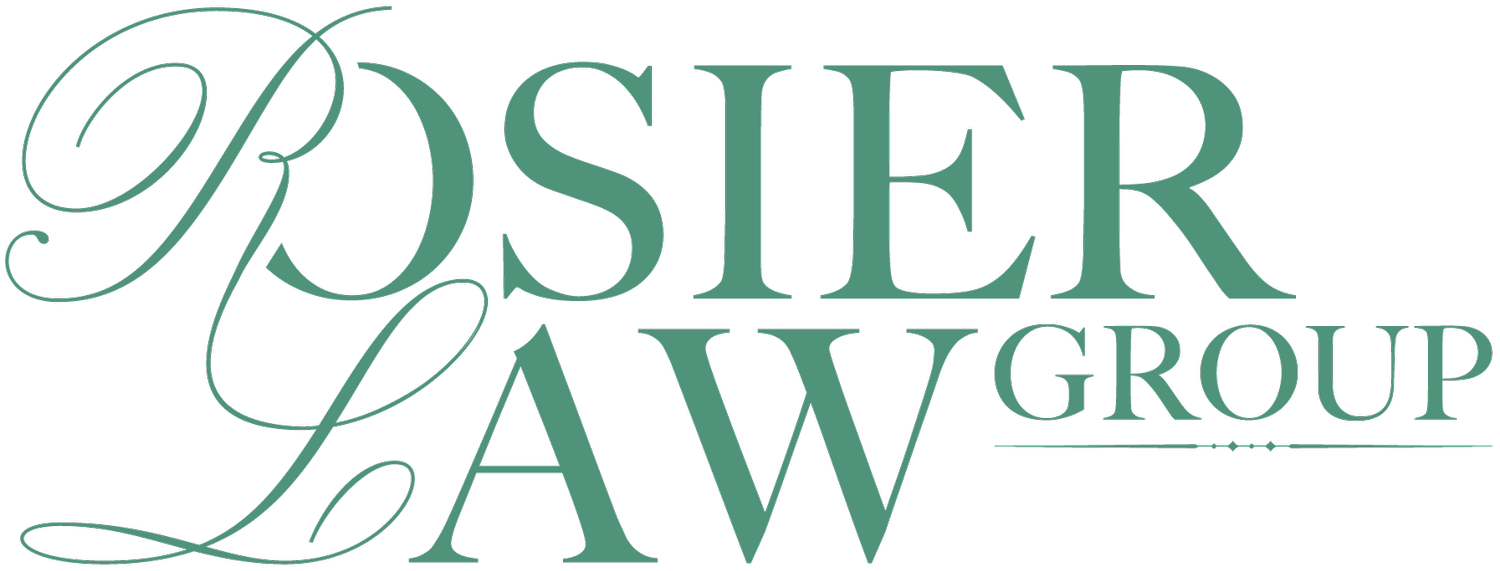Copyright vs. Trademark in Entertainment: Which Protects What?
In the entertainment industry, intellectual property is everywhere — from blockbuster films to hit songs and iconic characters. But navigating the legal protections for these creations can get confusing. Two of the most common forms of protection are copyrights and trademarks, and while they both protect creative works, they do so in very different ways. Understanding the difference can help entertainers, producers, and creators protect their work effectively.
Copyright: Protecting Creative Expression
Copyright is designed to protect original works of authorship that are fixed in a tangible form. In entertainment, this includes:
Movies and TV shows – the script, cinematography, and music all fall under copyright protection.
Music and lyrics – both the composition and recorded performance can be protected.
Books and scripts – including adaptations and screenplays.
Art and visuals – from illustrations and concept art to set designs.
Essentially, copyright protects the expression of an idea, but not the idea itself. For example, a song about falling in love can be written by multiple people without infringement. However, copying the exact lyrics or melody from someone else’s song would violate copyright. Copyright is automatically granted when a work is created and fixed in a tangible form, though registration with the U.S. Copyright Office provides additional legal benefits.
Trademark: Protecting Branding and Identity
Trademarks, on the other hand, protect words, phrases, symbols, or designs (and a few other niche things) that identify the source of goods or services. In entertainment, this could include:
Stage names and performer names – think Beyoncé or Dwayne “The Rock” Johnson.
Film and TV titles – the name of a franchise or series can be trademarked (but the name of a single episode or the name of a single book).
Merchandising logos – like a recognizable superhero emblem or character likeness used on clothing, toys, or other products.
Trademarks prevent consumer confusion and protect the brand identity behind a business or creator. Unlike copyright protection (which expires after a set amount of years), trademark protection can last indefinitely as long as it continues to be used in commerce and maintained properly with the USPTO.
How They Work Together
Many entertainment properties are protected by both copyright and trademark. Take a superhero like Spider-Man:
The comic book stories and artwork are protected by copyright.
The Spider-Man name, logo, and character likeness on merchandise are protected by trademark.
This dual protection ensures that creators can control both the creative work itself and the commercial identity associated with it.
Key Takeaways
Copyright protects original creative works.
Trademark protects brand names, logos, and identities.
Both protections can be used together to secure an entertainment property fully.
Understanding these differences is crucial for anyone creating or monetizing content in the entertainment industry.
By knowing whether your work is better suited for copyright, trademark, or both, you can safeguard your creations and maximize their value in the marketplace.

